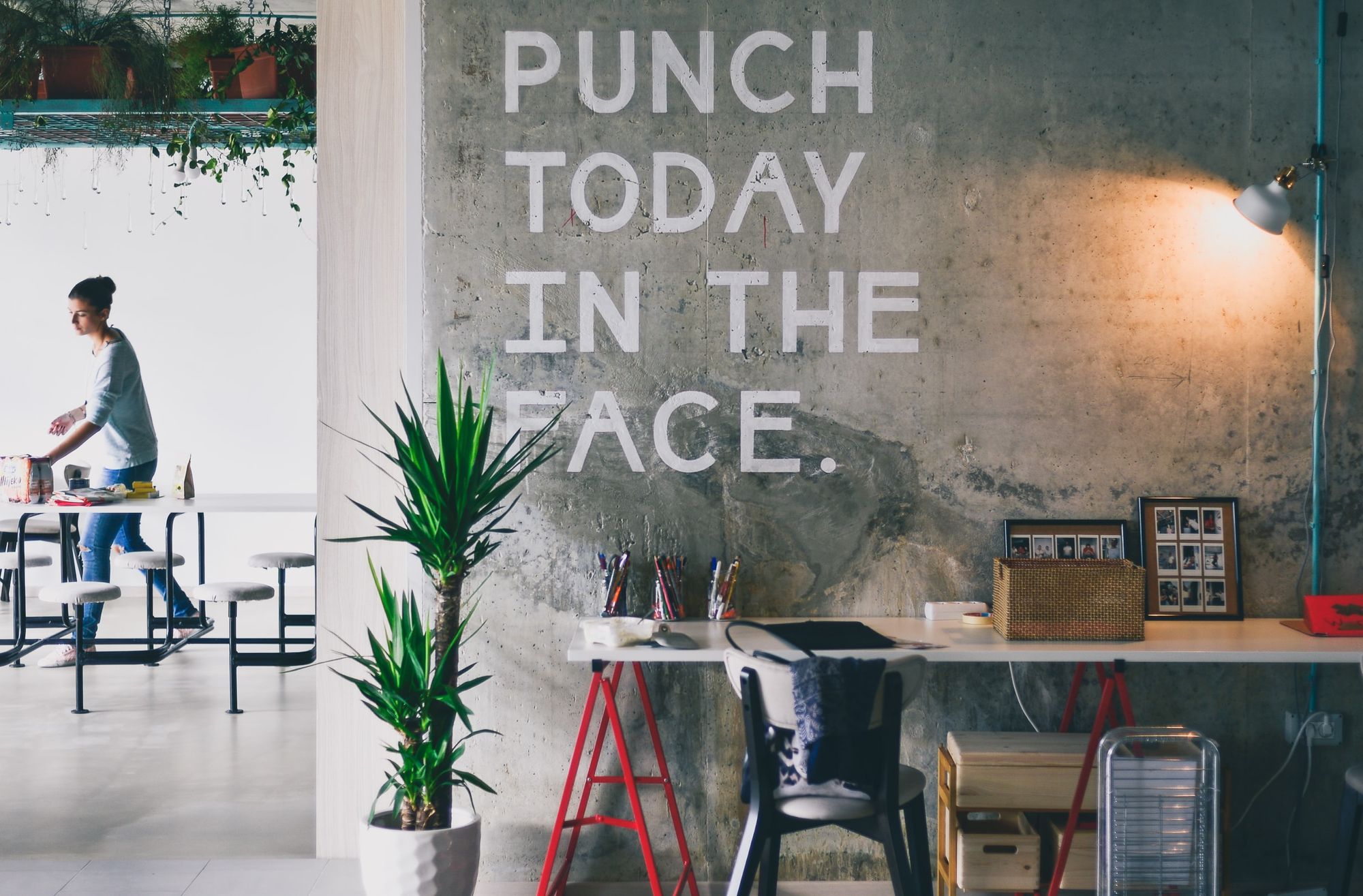Trust, respect, transparency: culture in the modern workplace

Culture. It's the buzzword of the post-pandemic world. We've seen words like flexible, hybrid and remote enter the lexicon. There's been plenty of speculation – including by myself in 2020 – about whether COVID-19 had revealed the myth of the office.
With most Covid restrictions removed, we're able to assess the beginning of the post-pandemic world. To an extent, the place of the office in our work lives has changed irrevocably. Of course, those whose jobs physically necessitate their presence at a fixed location are often overlooked in these conversations. For doctors, nurses, petrol station attendants, cleaners etc., the work-from-home debate doesn't apply. It's a particularly middle-class debate.
However, I think what has changed universally, is the question of culture.
From the explosion of table tennis tables and beer on tap that sprang out of Silicon Valley in the early 2000s, culture has long been linked to perks and benefits. As a much-maligned millenial myself, I've often seen 'bean bag culture' as something quite enticing. The idea of having a breakout meeting with a colleague, perched on some barstools in a swish office kitchen, discussing client performance over a Starbucks latte.
To traditionalists, the idea is enough to make the skin crawl. To Gen-Z, the idea of being in the workplace at all is nauseating. That's a trend that doesn't show any signs of abating, with UK children recently found to want to be YouTube influencers more than they want to go to space.

If you offered pretty much anyone to make a healthy living sitting at home, regardless of whether they were born in the 2000s or the 1950s, I'd imagine most would be interested.
Whilst the vast majority of aspiring YouTubers and TikTokers are destined to fail, the fact that making a career out of producing personal content is not much different to the artists, authors and musicians of days gone by. The format and medium has changed, but in simple terms it is is still the conveyance of a message or idea into the world that appeals.
In decades gone by, it was pretty difficult to hold down a full-time job and be a professional author on the side. Mick Jagger didn't work 9-5 in Lloyds TSB and gig with the Stones on a night (he actually sort of did, at the very start, but the point stands.)
Today, it's entirely possible to work a job during the day, then fire up the recording studio at home at night and fire out professional podcasts, YouTube videos or TikTok content.
Although that might seem like a minor point, I do feel it's important. Culturally, work and leisure were very distinct prior to the advent of the Internet. In today's evermore digitally connected world, the lines blur – and that's important.
Culture is about more than beer fridges, ping-pong or flexible working locations.

Cultural expectations for workplaces are increasingly built on values and ethos. The presence of trust, transparency and accountability are important. The perks and benefits are great, and useful in attracting new talent, but once they're in the door the novelty of these wear off. After a few months, you find out what really matters.
Toxicity in the workplace is pernicious. It can stalk about the office (or even greater distances in remote organisations!) and chip away at employee morale and focus.
Sure, toxicity existed in decades gone by. It was still as damaging as it is today, but I'd argue that it was more difficult to hide. As businesses transition to a hybrid or even fully remote working setup, more and more interactions are carried out by text or 1-2-1 video calls. These interactions are often less visible than they would be in the traditional office environment, and whilst they're more easily recorded, it's easy to hide behind subjectivity: offence or hurt can simply be brushed aside as being in the eye of the beholder.
Workplace bullying or harassment, previously visible and easy to deal with, becomes obfuscated by technology. Running a business successfully in 2022, particularly one with hybrid and remote workers, requires cultural values that run through the veins of that business. New hires need to be attracted by more than the perks, they need to be the right people who buy into the values. And those values come from the very top.

Don't get me wrong, that's not an easy task. As a CEO or MD, it's not straightforward to gain visibility of what's going on between employees in a digitally reliant business. However, it's certainly not impossible.
In my opinion, there are two key ways to avoid new forms of workplace tensions:
1) Instil cultural values daily
It is not enough to slap an inspirational quote on the wall – you must lead by example. Communicate frequently, openly and with respect. Remote and hybrid businesses can often be more productive than office-only by virtue of affording employees the flexibility to work in a way that suits them.
However, problems can be more difficult to detect behind a screen, which is why frequent communication is key to identifying issues early.
2) Appoint the right people, culturally
No business can thrive if it's packed full of people blowing hot air, belittling others or undermining the leadership. The recruitment process is more important than ever. It's easy to chalk culture down as a millenial buzzword that doesn't really mean very much, but that couldn't be further from the truth. It will make or break your business.
Consider a recruitment scenario where you have two candidates: one has vast experience and perfect qualifications (but is a bit of an arsehole!) The other would need much more training and development, but is a total cultural fit. What would you do? The temptation can be to take the person who can hit the ground running, but it's short-termism. The right cultural fit will pay dividends over the long term almost every time. Invest in them, grow them and develop them and the business will reap the benefits.
In summary, make culture your everyday. Build the right team, with the right people, working in the right way and success will follow. The precise balance in pretty much everything, whether it be remote working, structure, perks and benefits, will vary between each and every business based on what's possible and affordable.
Instilling the right culture doesn't have to be expensive. In fact, it can be completely free. After all, smashing Fred at pingpong will give Dan a thrill for a few minutes; creating a workplace where Dan can trust those around him, be treated with respect and – most importantly – feel respected? That will thrill Dan for far longer.

